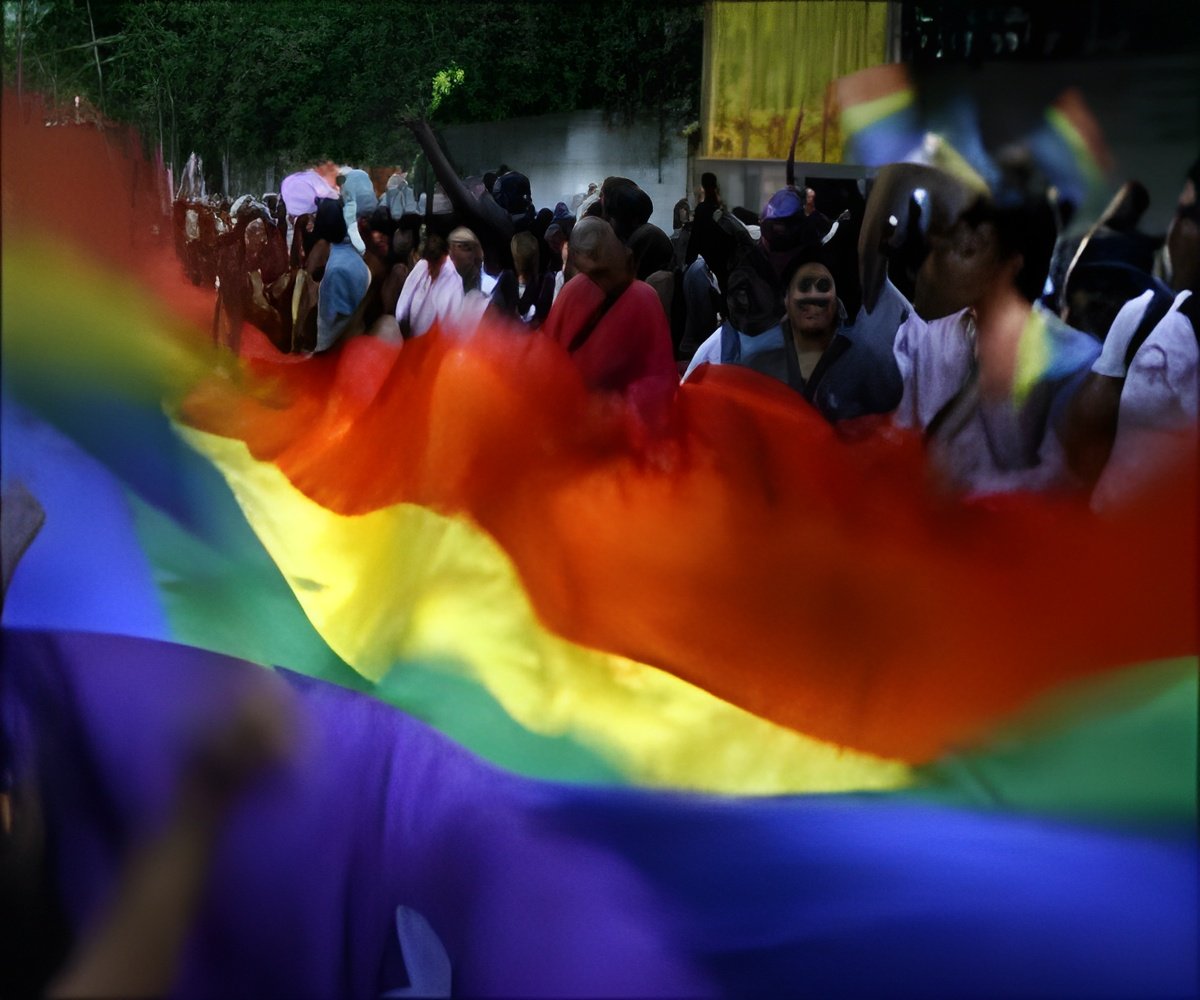Lesbian, gay, and bisexual (LGB) people who are discriminated but who are closer to their fathers have lower risks of cardiovascular diseases than their counterparts.

The findings, published in the journal Psychoneuroendocrinology, suggest that fathers can play a role protecting against the negative effects of discrimination and, surprisingly, mothers may not play the same role. More generally, the study illustrates how prolonged exposure to stress can hurt sexual minorities.
LGB people experience stress and discrimination related to their sexual orientation, including dealing with stigma, microaggressions, and the process of coming out. Research shows that prolonged or repeated exposure to stress, including discrimination, leads to the production of inflammatory proteins such as CRP and raises one's risk for heart disease.
"I'm interested in understanding how discrimination gets under the skin and is linked to poor health outcomes," said Stephanie Cook, assistant professor of biostatistics and social and behavioral sciences at NYU College of Global Public Health and the study's senior author. "What factors make people more resilient and can protect them from these health effects? We know that social support can act as a buffer, but wanted to better understand the role parents play in how their children experience discrimination and its health effects."
In this study, the researchers analyzed data from the National Longitudinal Study of Adolescent to Adult Health. Adults 24 to 33 years old were surveyed about their sexual orientation, how close they felt with their mothers or mother-figures and fathers or father-figures, and whether they felt discriminated against or treated with less respect than others in their day-to-day lives. The researchers focused on 3,167 adults describing their relationships with their fathers and 3,575 describing their relationships with their mothers. Blood samples were used to measure CRP levels.
The researchers found that when LGB people felt discriminated against in their day-to-day lives but described being close to their fathers, they had lower CRP levels than other sexual minorities who were discriminated against but did not have close relationships with their fathers.
Relationships between LGB people and their fathers can act as either a buffer or an additional source of stress. On one hand, positive social support from a father appears to protect sexual minorities from harmful experiences related to discrimination. On the other, poor social support from one's father--for instance, fathers who do not accept their children's sexual orientation after they come out--may lead to exacerbated stress and less ability to shield against harmful experiences related to discrimination.
Interestingly, the researchers found that closeness with mothers did not act as a buffer for LGB or heterosexual individuals who experienced discrimination.
"We often talk about the importance of support from mothers and how mothers can help buffer the negative effects of discrimination on health broadly. But this study suggests that we've been neglecting the role of fathers, and their role is really important when it comes to their LGB children," said Cook, who leads the Attachment and Health Disparities Research Lab at NYU College of Global Public Health.
"If we're trying to understand the effects of discrimination on sexual minorities and figure out what we can do to intervene or prevent these outcomes, we should look beyond support from just peers and mothers to include fathers in our efforts," said Erica Wood, a research scientist in the Attachment and Health Disparities Research Lab at NYU College of Global Public Health and the study's first author. "For instance, professionals can work with fathers who reject their children because of their sexual identity to show them the importance of the father-child relationship in reducing the negative effects of stress." Source-Eurekalert








